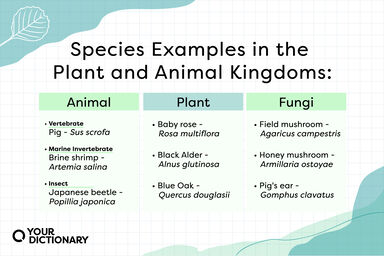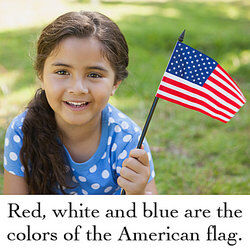It is the chief centre in Germany of the cotton, wool, silk and velvet manufactures, and of upholstery, drapery and haberdashery of all descriptions, of printed calicoes, of Turkey-red and other dyes, and of fine chemicals.
In 1760 the manufacture of silk was introduced, and dyeing with Turkey-red in 1780; but it was not till the end of the century that its industries developed into importance under the influence of Napoleon's continental system, which barred out British competition.
He must not be confused with Emil Kopp (1817-1875), who, born at Warselnheim, Alsace, became in 1847 professor of toxicology and chemistry at the Ecole superieure de Pharmacie at Strasburg, in 1849 professor of physics and chemistry at Lausanne, in 1852 chemist to a Turkey-red factory near Manchester, in 1868 professor of technology at Turin, and finally, in 1871, professor of technical chemistry at the Polytechnic of Zurich, where he died in 1875.
Besides fruits and agricultural produce, its exports include raw silk, [[Cotton (disambiguation)|cotton, opium, ]]-water, attar of roses, wax and the dye known as Turkey red.
Its leading industries include coal-mining, turkey-red dyeing and brick-making.





